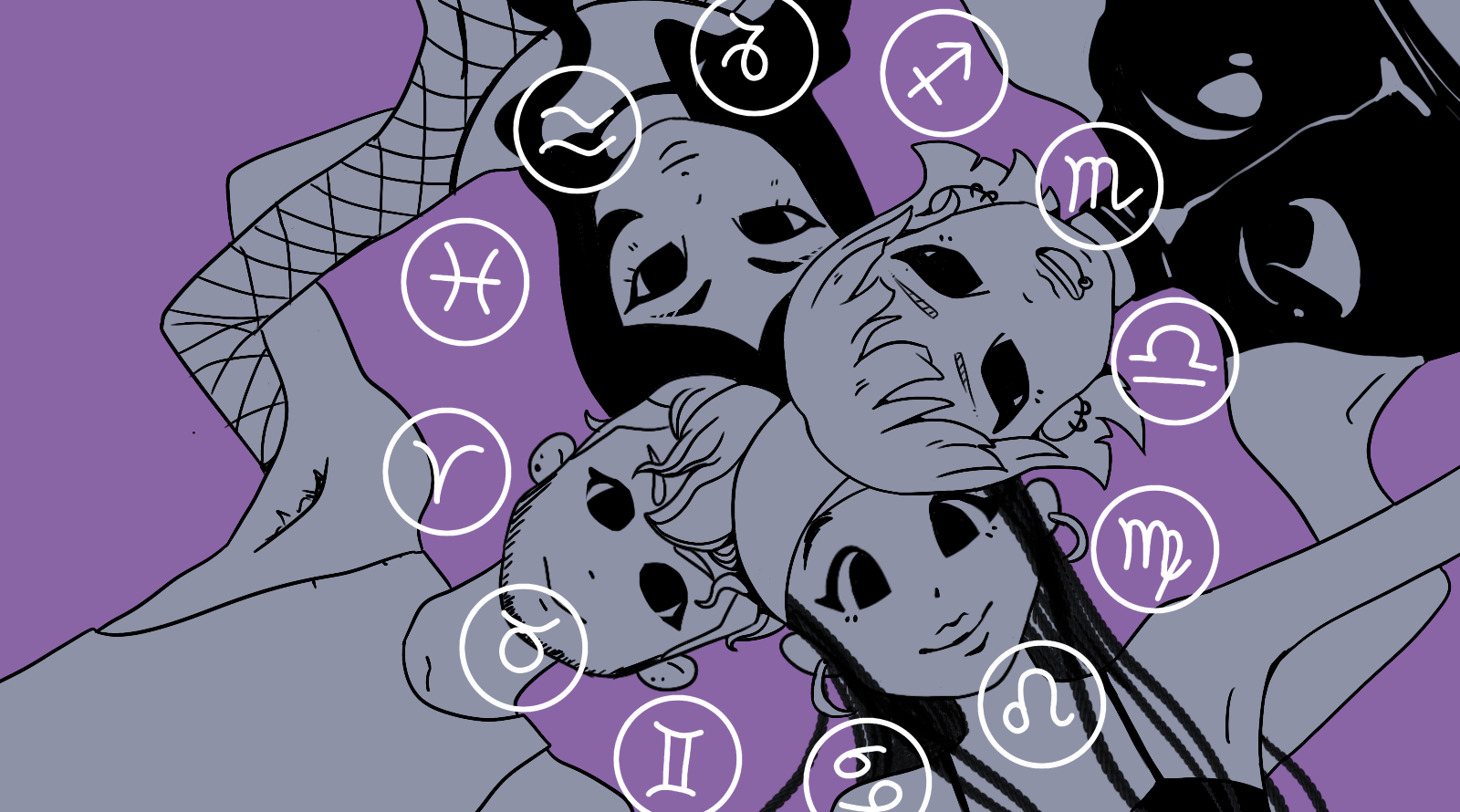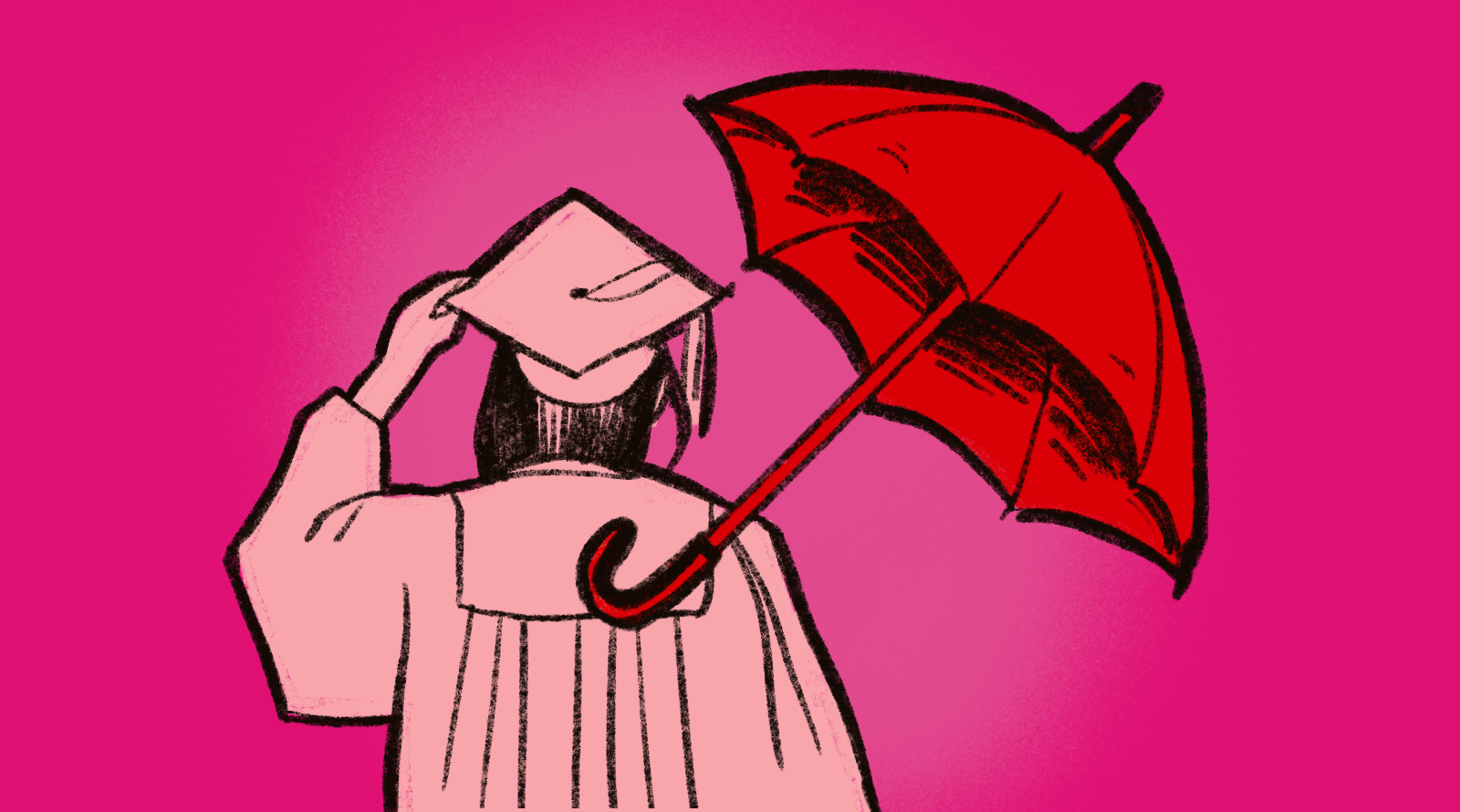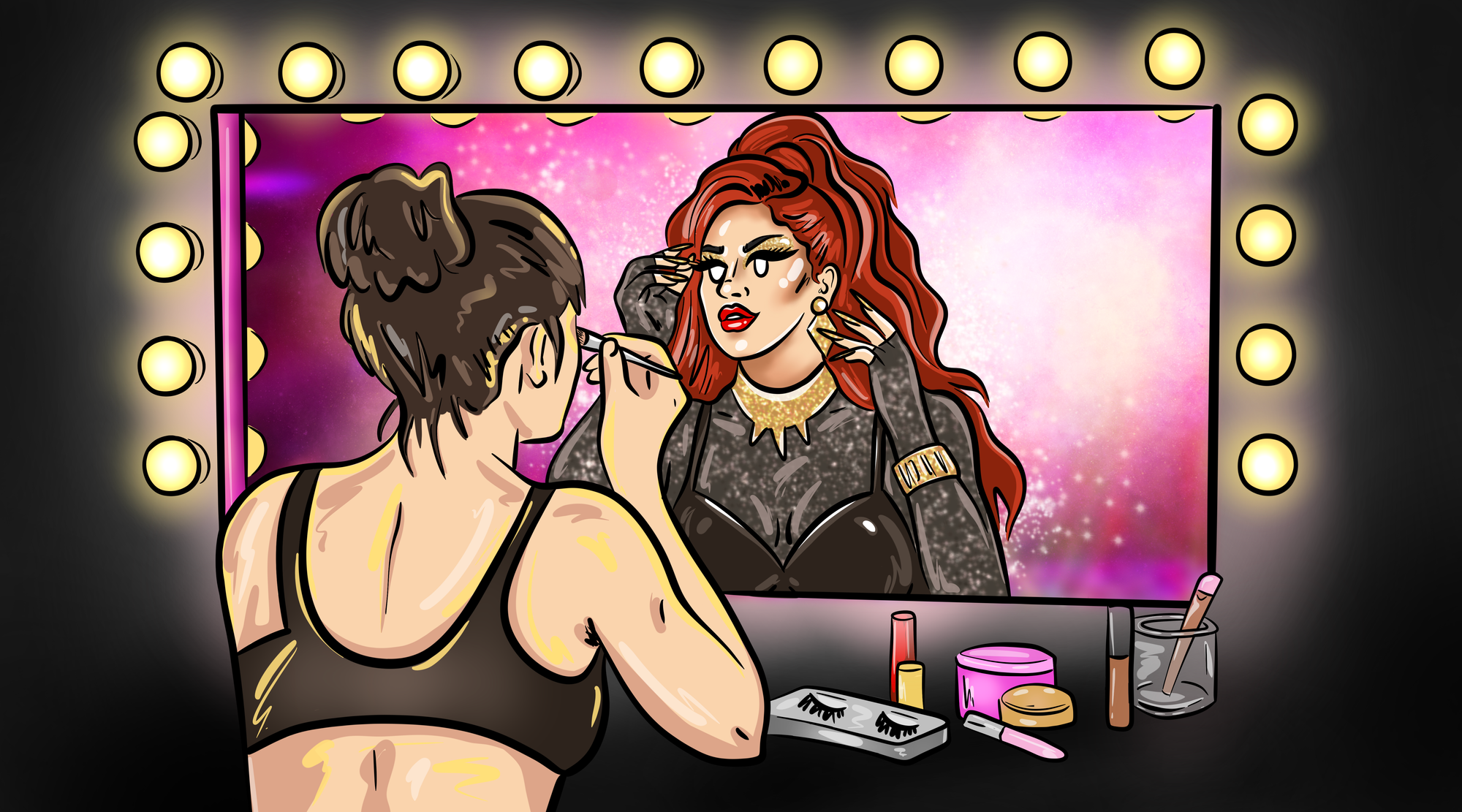Recently, I was a guest on stripper Elle Stanger’s podcast They Talk Sex. Prior to recording the show, Elle collected audience questions, one of which went something like this:
What is the best way to come out as a sex worker to my boyfriend’s family?
I assume that the audience member asked this specific question because I am a sex worker who is very open about my work. Over the last nine years, I’ve come out over and over — to family, to friends, to my community, to my children. I even wrote a weekly sex column from my perspective as a sex worker in my city’s alt weekly.
So, you might think that this question would be easy for me to answer. And yet, I hesitated, with the following scenes running through my head:
My partner is summoned to meet with their parents after we are outed by family members who found us online. Their dad pulls up links to my ads on his phone, registering his embarrassment, while their mom tells them that we have lost our moral compass.
I am at a family reunion. I walk into a room with my children, only to see my partner’s aunt look up at me with disgust and dramatically walk out.
I am watching my mom move out of the house that my partner and I bought with her in mind. She can’t handle learning about my work and after months of intense fights, she empties out her room, moves into a hotel, and we don’t speak for more than a year and a half.
A VICE mini documentary featuring the porn work of my partner and I goes viral with millions of YouTube views. I tell my teenage children not to be surprised if they run across it on their Facebook feed, and to not read the comments — comments that tear my body, my choices, and my integrity apart. I tell them I know what people are saying, and I’m fine. The truth is that I’m hurting, but I want to protect them from experiencing the same.
Our autistic son’s therapist tells us that his preschool is upset because we do not send him to school in a coat. Coats trigger his sensory issues, and he doesn’t want to wear them. He is only exposed to the elements for about 10 seconds a day — less time than it would take to get his jacket on. She says that the school may call Child Protective Services if we do not force him to wear one. So, I do, knowing that if CPS got involved and found out what I do for work, I would have bigger problems than wardrobe arguments. With this knowledge in the wrong hands, I run the risk of losing custody of him.
I am at a friend’s book launch party. I’ve known her since my oldest kids were little, since before I was a sex worker. She asks about the progress of my book, and I tell her it’s coming along, but it’s hard to find writing time when I’m working and raising kids. She’s taken aback and says, “Oh, you’re working… but are you happy?” When I tell her that I am she asks in three more ways. I’m once again pushed into playing the role of “happy hooker” to make my liberal feminist acquaintances comfortable in my presence.
All of this is too complicated to express in the podcast format so instead of answering the question, I stutter and say something like, “Maybe don’t come out to them. Or if you do, think long and hard about it beforehand.”
There was a long period of time when I was more bright-eyed and less cynical; I thought there was a lot of good that could be done by simply being out and proud. If someone asked me this question then, I would have suggested that, if they are relatively safe — if they aren’t a target of police harassment, don’t have kids with a vindictive ex, have a stable living situation, etc — they should come out. After all, cultural perceptions of who and what sex workers are will only change as more people become familiar with sex workers and learn to see us as folks working a job like everyone else.
I still believe this. Being out can be politically powerful and important. What I have also come to know intimately, though, is that such visibility also comes at a high personal cost, one that is hard to imagine until we live under its weight for some time. Stigma’s weight is cumulative and can creep up on us while we aren’t paying attention. Over time, small slights, things that are possible to brush off when we still think of them in isolation, add up to a world that becomes smaller and smaller as we build up a protective armor against it.
Stigma’s weight is cumulative and can creep up on us while we aren’t paying attention.
In thinking about the price I have paid for being a sex worker who refused to be shamed and silenced for my work, I’m reminded of philosopher Fredrich Nietzsche who, in The Gay Science, warns us about the cost of becoming too heavily identified with something. "Every kind of perfection is purchased at a high price on Earth, where everything is perhaps purchased too dear; one is an expert in one's department at the price of being also a victim of one's department," he says. There are some paths, especially stigmatized ones, that shape your life in ways that cannot be undone.
In Lorelei Lee’s words, "After you have made pornography , it will be viewed as a part of you forever, and because it is viewed this way it will be a part of you forever." This, arguably, applies to doing any kind of sex work.
There is undoubtedly a certain freedom that comes from not hiding our work and our lives, but that freedom comes at the cost of having to negotiate other's feelings and projections about who they think we are. I have found that these feelings usually have little to do with my reality.
Though I have a plenty of objections to Melissa Febos’ sex work memoir Whip Smart, I deeply resonated with her ambivalent feelings about her mother’s knowledge about her work.
“Sometimes I regretted having told [my mother], like the moment she spotted a leather strap-on hanging from the back of my closet door and simply looked at me and said, ‘I know what they make you do with that,’” Febos writes. “For as much as she didn’t say, she saw a lot. I don’t know if I wanted her to see less or say more. We both feigned comfort with the knowledge of what I did between us, but every time it was mentioned the look on her face sandpapered my insides.” I cannot think of a more apt metaphor, I feel those gritty abrasions even as I type it.
I am a privileged sex worker and I have benefited from being out, both financially and in access to writing and speaking opportunities. It is easy to justify the cost when the rewards are high. However, it took a long time to get to a point where this was true. For the initial years of my sex work career, the cost of being out certainly outweighed the benefits. I was not yet established, not yet making the money that I now make, and I didn’t yet have a solidified brand. I was struggling to make ends meet, and I was often criticized for the way that I tried to do so.
It is easy to justify the cost when the rewards are high. However, it took a long time to get to a point where this was true.
Only from where I stand now does it seem worth it — I’ve been through the worst of being outed and get to live a creative and fulfilling life on my own terms. But we all know that success is not just a matter of hard work. It also involves a lot of luck, and a lot of being in the right place at the right time. Things could have gone differently. When the online market became oversaturated because of COVID and when FOSTA/SESTA changed the nature of our online advertising, my business could have tanked. I could have been forced to go back to mainstream work (God forbid!), and this would have been very difficult with such a deep — such a recognizable — whore stamp. (I mean this metaphorically, though I do have a visible red umbrella tattoo).
I cannot go back in time and be more judicious with who I tell about my work, and to be honest, I’m not sure that I would if I could. I have a certain neurodivergent sensibility that makes living a double life seem impossible, or at the very least, deeply undesirable. However, I am very reticent to make any claims about the value of my choice. In fact, when asked that question — when all of those scenes flooded my brain — my impulse was to warn against such action unless you are absolutely sure that sex work stigma is something you are comfortable being tethered to forever.
I will always support people who loudly and proudly tell their truth, who combat stigma and criminalization with their very lives. However, I want to also hold space for those who don't want to do so, who can't afford the cost, and who just want to do their job and go home to their lives and families without that also becoming about sex work. That’s okay too. We don't all have to sacrifice ourselves to the movement. After all, for many of us, such a sacrifice would simply cost too much. Life is long, and this may turn out to be true for me, as well.
Note: article inspired by this tweet thread.
Are you a sex worker with a story, opinion, news, or tips to share? We'd love to hear from you!
We started the tryst.link sex worker blog to help amplify those who aren't handed the mic and bring attention to the issues ya'll care about the most. Got a tale to tell? 👇☂️✨




